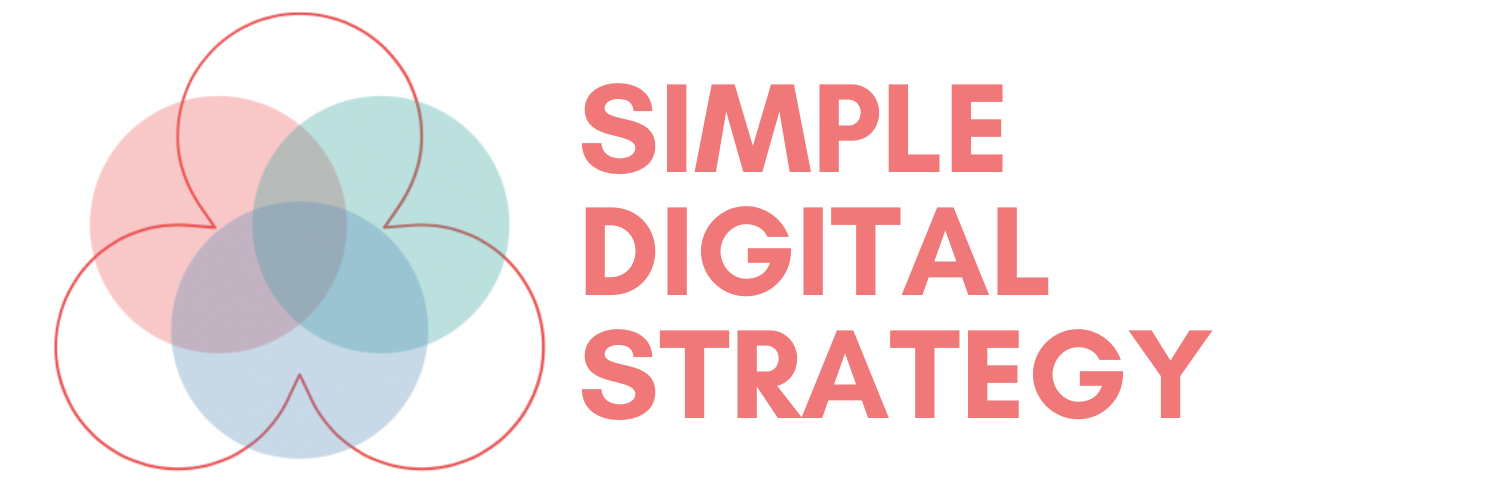What Is On-Page SEO? Simple Explanation
On-page SEO doesn’t have to be complicated. Here’s a simple breakdown of what it means and the 5 steps that matter most for beginners.
If you’ve ever heard the phrase “on-page SEO” and wondered what it means, you’re not alone. Search engine optimisation often feels overwhelming, but on-page SEO is simply about making each page on your website clear, useful, and easy for Google (and your visitors) to understand.
Unlike technical SEO (site speed, indexing, sitemaps) or off-page SEO (links from other sites), on-page SEO is entirely in your control. It’s about how you write, structure, and present your content.
The 5 Key On-Page SEO Factors
Title tag
This is the headline Google shows in search results. Make sure it includes your main keyword naturally and still reads like a human headline.
Meta description
This is the short summary under your title in Google. It doesn’t directly affect rankings, but it can improve your click-through rate. Think of it as ad copy — make it clear and inviting.
Headings (H1, H2, H3)
Break your content into sections with clear headings. Your H1 is usually the article title, and your H2s/H3s are subtopics. Use your keyword and variations where natural.
Internal links
Link to other relevant pages on your site. This helps readers go deeper and helps Google understand your site structure.
Images and alt text
Add at least one relevant image, and always fill in the alt text with a short description. This helps accessibility and gives Google more context about your page.
Simple On-Page SEO Checklist
- Use one clear keyword or phrase per page.
- Put it in the title tag and at least one heading.
- Write a meta description that invites clicks.
- Break content into logical sections with H2/H3s.
- Link to 2–3 other relevant pages on your site.
- Add an image with descriptive alt text.
That’s it. No tricks, no jargon. Just simple steps that give each page the best chance of being understood and ranked.
Why On-Page SEO Matters Most for Small Businesses
If you’re running a small business website, you don’t need thousands of backlinks or fancy tools. Start with solid on-page SEO. It costs nothing, it’s entirely in your control, and it lays the foundation for all other marketing.
When every page is optimised, your site feels more professional, your users stay longer, and Google has a much easier job figuring out what you’re about.
Next Steps
On-page SEO is the foundation, but it’s only one part of the bigger picture. To see how it fits into the full process — from keyword research to publishing — read our Beginner’s SEO Guide

